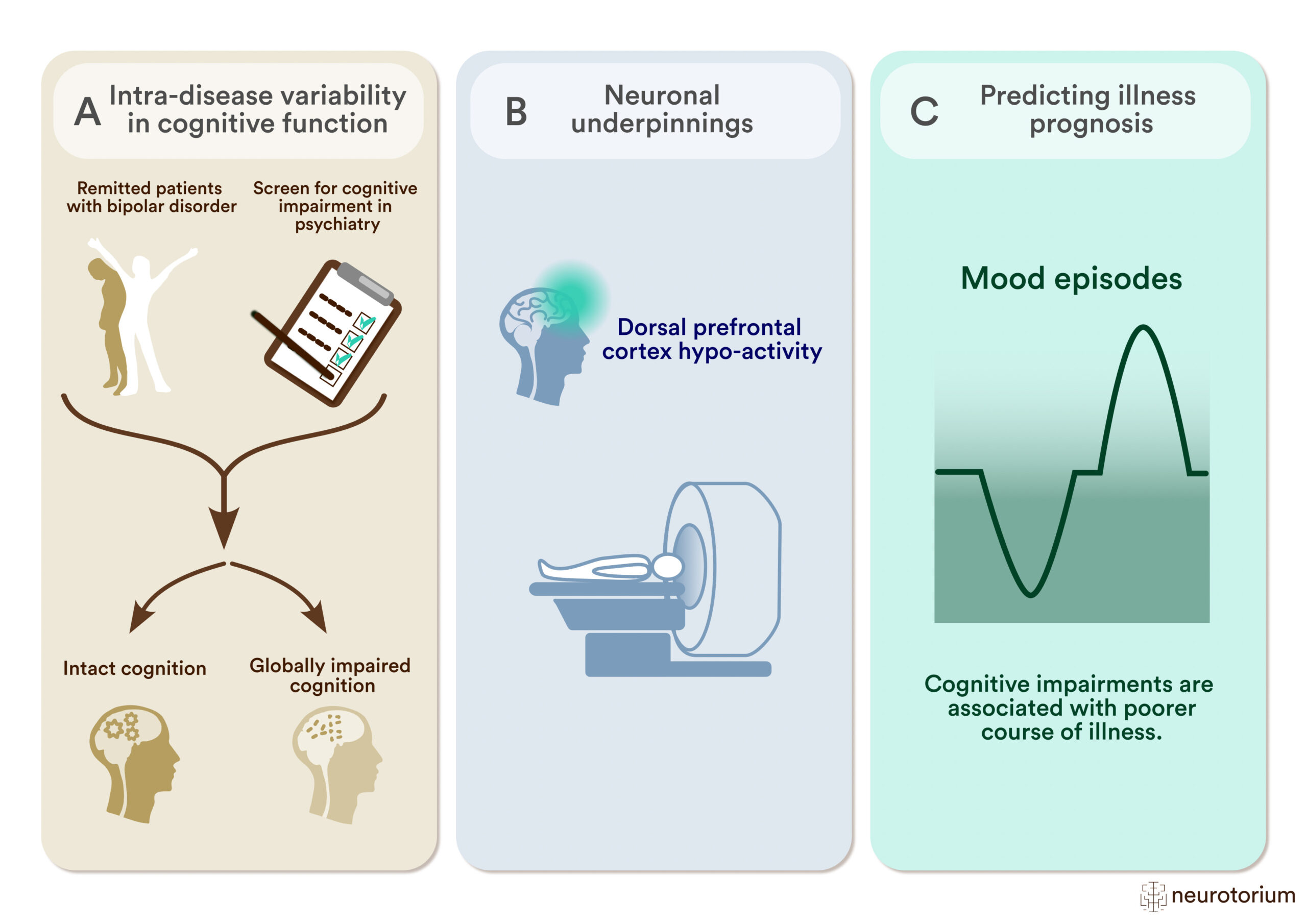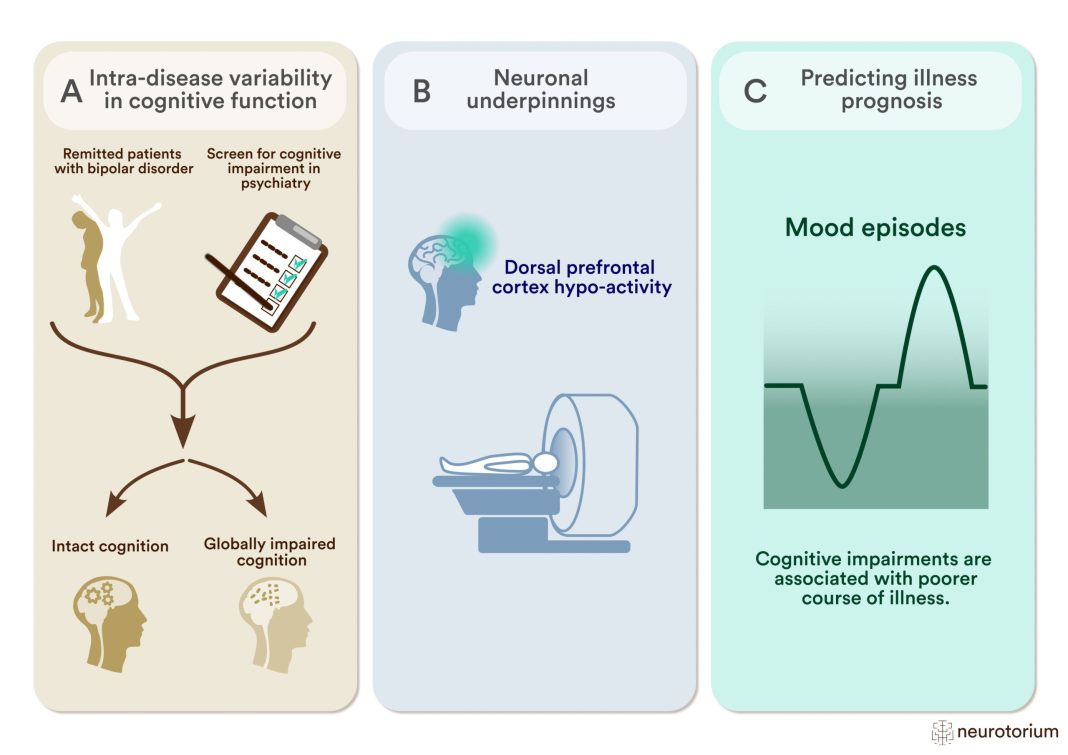 GLP-1s, a class of drugs used to treat diabetes and obesity, may have significant health benefits beyond weight loss and blood sugar regulation. Novo Nordisk’s liraglutide, sold as Victoza and Saxenda, has shown promise in slowing the progression of Alzheimer’s disease. In a mid-stage trial, patients who received liraglutide had an 18% slower decline in cognitive function compared to those who received a placebo. MRI exams also revealed that liraglutide slowed the shrinking of certain parts of the brain critical for memory, decision-making, learning, and language by nearly 50% compared to the placebo.
GLP-1s, a class of drugs used to treat diabetes and obesity, may have significant health benefits beyond weight loss and blood sugar regulation. Novo Nordisk’s liraglutide, sold as Victoza and Saxenda, has shown promise in slowing the progression of Alzheimer’s disease. In a mid-stage trial, patients who received liraglutide had an 18% slower decline in cognitive function compared to those who received a placebo. MRI exams also revealed that liraglutide slowed the shrinking of certain parts of the brain critical for memory, decision-making, learning, and language by nearly 50% compared to the placebo.
These findings contribute to the growing evidence that GLP-1s could be beneficial for patients with chronic conditions beyond diabetes and obesity. Novo Nordisk and rival Eli Lilly have been studying the potential of GLP-1s in patients with conditions such as fatty liver disease and sleep apnea. The results of this study were presented at the Alzheimer’s Association International Conference, highlighting the potential of liraglutide as a treatment for Alzheimer’s disease.
Alzheimer’s is the most common form of dementia, affecting nearly 7 million Americans. By 2050, this number is projected to rise to almost 13 million in the US. The recent breakthrough in Alzheimer’s treatment with newly cleared drugs targeting the toxic protein amyloid has opened up possibilities for combining these drugs with GLP-1s like liraglutide. Unlike the amyloid-targeting drugs, GLP-1s do not carry the risk of brain swelling and bleeding, making them a safer option. Additionally, GLP-1s have a good safety profile and could be widely used without extensive monitoring for side effects.
Dr. Paul Edison, the lead author of the trial, believes that GLP-1s could improve cognitive function by reducing inflammation in the brain, improving nerve cell communication, and lowering insulin resistance. They may also help reduce the toxic proteins associated with Alzheimer’s disease, amyloid plaque, and tau. However, more research is needed to confirm these mechanisms of action.
Novo Nordisk is actively involved in phase three trials, examining the potential of semaglutide, the active ingredient in their other GLP-1 drugs, Wegovy and Ozempic, in Alzheimer’s patients. The results of these trials will provide further insights into the effectiveness of GLP-1s in treating Alzheimer’s disease.
Overall, the study on liraglutide’s effects on Alzheimer’s disease highlights the potential of GLP-1s as a new avenue for treatment. With the prevalence of Alzheimer’s expected to rise significantly in the coming years, finding effective and safe treatments is crucial. GLP-1s offer promise in protecting the brain and improving cognitive function, providing hope for millions of individuals affected by this devastating disease.


